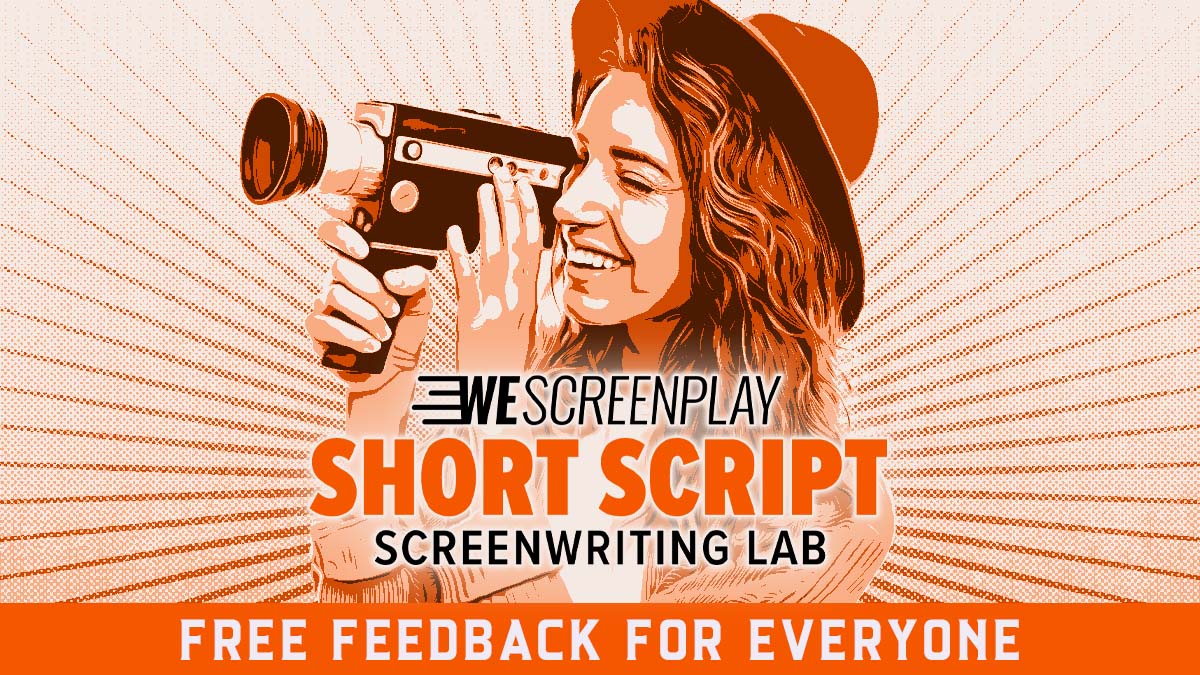
CODA is rich with storytelling lessons.
Sian Heder’s CODA, adapted from the 2014 French-Belgian film La Famille Bélier, has made a huge impact in the film industry, from its premiere at the 2021 Sundance Film Festival to its big win at the 94th Academy Awards.
The film is about a young girl who is the only hearing member of her family and dreams of being a singer. (“CODA” stands for Child of Deaf Adults.) It’s a story not only about someone caught between two worlds but someone who tries to act as a bridge between them, as well.
Let’s take a look at some of the lessons this Oscar-winning film can teach us about compelling, unique storytelling.
Make Sure You Have a Compelling Premise
The premise alone in CODA is intriguing. Ruby, the protagonist, is the only hearing member of her family, which includes her parents and her older brother, and she loves to sing. However, she’s faced with the choice of foregoing her musical dreams in order to stay home and help her family with their fishing business.
Ruby’s external conflict is choosing between pursuing her love of singing and letting the family business fail or giving up her dream to support her family. Her inner conflict, though, is fearing that her love for music will be something her parents might never understand as deaf people.
This coming-of-age story is all about finding one’s voice in every sense and every moment addresses this family conflict.
Write From a Unique Point of View
CODA has a very specific point of view. Ruby, the lead character, the only hearing member of her family, has such a unique experience that there isn’t a single person in the movie like her. She serves as a bridge between hearing and deaf people.
As hearing audience members watch Ruby interpret for her family, we can’t help but feel like we are missing something only Ruby possesses; a rich understanding of sign language and Deaf culture. Exploring different parts of the human experience is what storytelling is all about.
Enter the WeScreenplay Diverse Voices Screenwriting Lab. All entries receive FREE feedback!
Make Bold Storytelling Choices
Since the film features deaf characters and performers, a large part of the dialogue is delivered in ASL (American Sign Language), which is something we don’t often see on the big screen. This means hearing audiences experience the film in a way they’re not used to, via subtitles while they watch dialogue play out silently.
Is also worth mentioning the framing of these characters on screen. CODA uses mostly medium, medium-wide, and wide shots to clearly frame the sign language. It’s meant to be enjoyed by both hearing and Deaf audiences without favoring one or the other.
Both of these are examples of Heder making unconventional cinematic decisions — and when there are choices made that introduce something unfamiliar to movie-goers, it’s safe to say those choices are bold!
Conflict Creates Great Drama
How do you create drama in a story. Answer: conflict! Many times this takes the form of a villain that directly opposes the hero’s needs and goals, but CODA is interesting — it doesn’t have a villain in it.
Every character is motivated more or less by love and loyalty. The family needs Ruby but also wants to see her follow her own path. Ruby desperately wants to go but feels compelled to stay and look after her family. Both things can’t happen, so the inner emotional struggle and the forces at play are what create the drama that keep us engaged.
As you write your screenplays, keep in mind that conflict creates drama. Whether that comes from your protagonist’s inner turmoil or an evil supervillain is up to you.

Julia Camara is an award-winning Brazilian screenwriter/filmmaker. Julia won a Telly Award for the sci-fi found footage feature Occupants. Julia’s feature directorial debut In Transit, won Best Experimental Film at four different festivals. Julia’s other writing credits include Area Q and Open Road.

















